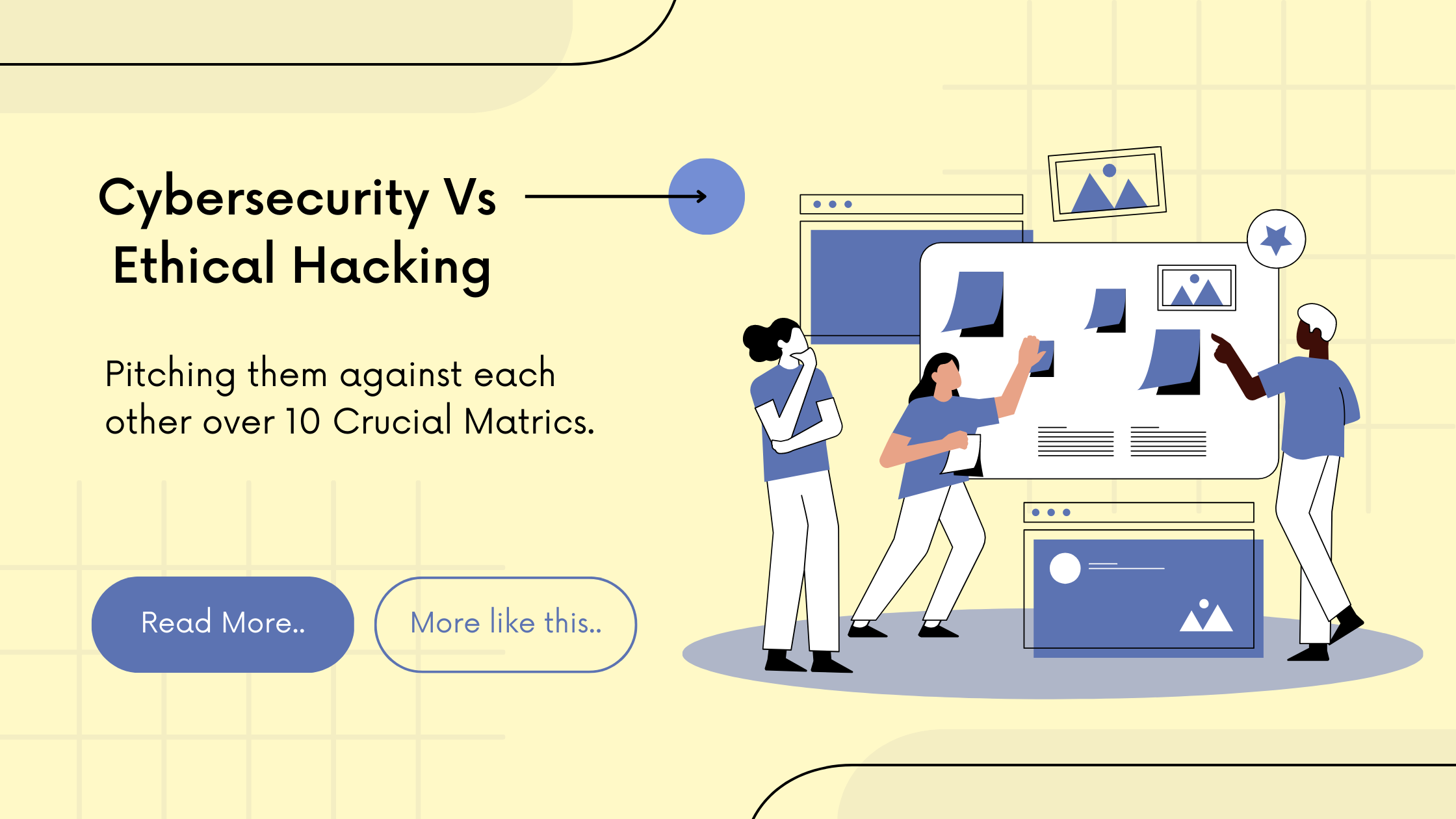
Cybersecurity Vs Ethical Hacking: Top 10 Differences
Mar 01, 2025 5 Min Read 17891 Views
(Last Updated)
Cybersecurity & Ethical hacking and have been key in making sure that your data online is secure, users are authenticated & your data and privacy concerns are all kept safe.
Is there a difference between cybersecurity and ethical hacking, if yes what is the difference? Let’s find out!
First off, we will understand what Cybersecurity is and how it is related to your online activities. We will consider numerous points and have an in-depth comparison, to find out the difference between Cybersecurity and Ethical Hacking.
Whether you are a business owner or an individual who uses the internet regularly you must understand these terms so that you can take the necessary precautions to protect yourself and your data. In this article, we’re going to shed light on these two security niches.
To further understand the difference between cyber security and ethical hacking and which one’s better for you, we will also look at what role you can expect to play as an ethical hacker or cyber security professional. Let’s Dig in!
Table of contents
- What is the Difference between Cybersecurity and Ethical Hacking?
- What is Ethical Hacking?
- What does an Ethical hacker do?
- What is Cybersecurity?
- What does a Cybersecurity expert do?
- A Career in Cybersecurity and Ethical hacking
- Why is Cybersecurity important?
- Why is Ethical Hacking Important?
- Closing Thoughts
- FAQs
- What is the main difference between Cybersecurity and Ethical Hacking?
- Are cybersecurity and ethical hacking mutually exclusive?
- Do cybersecurity professionals and ethical hackers require different skill sets?
- Can a Ethical hacker do Cyber security?
- Is cyber security good for freshers?
What is the Difference between Cybersecurity and Ethical Hacking?
| Parameter | Ethical Hacking | Cybersecurity |
| 1. Mode of Working | Ethical Hacking deals with breaching the security set by the cybersecurity experts in the organization. | Cybersecurity primarily deals with recognizing and resolving any sort of potential security issues if present. |
| 2. End Goal | Ethical Hacking is concerned with exploiting company weak points and demonstrating failure in security. | Cybersecurity is concerned with reporting unauthorized use or violations of security policies. |
| 3. Production Environment | Ethical Hacking is used to evaluate the systems based on security policies that exist in the company. | Cybersecurity involves auditing all security technologies implemented in the company to check for violations. |
| 4. Reporting | Ethical Hacking involves the creation of thorough documentation to denote loopholes present in the system. | Cybersecurity involves more maintainability documentation than usual documentation to keep things in check. |
| 5. Client Usage | Ethical Hacking involves showing the weakness of a product to the client and how improvements can be made. | Cybersecurity takes the approach of showing how the latest methods and technologies can be used to safeguard tech. |
| 6. Problem-Solving | Ethical Hacking involves showing how an attack can be launched and succeeded against a company or an individual. | Cybersecurity shows the impact of violations that can take place if security policies and methodologies are not right. |
| 7. Data Access | Ethical Hackers need to find methods to hack into the security system. | Cybersecurity experts already have access to the system at stake. |
| 8. Job Roles | Ethical Hacking involves Security Managers and Penetration testers among other roles. | Cybersecurity professions include SPC Engineers, CISOs, Security Analyst, and more. |
| 9. Average Salary | Average Indian Base Salary ₹6,15,012 per annum. | Average Indian Base Salary of ₹11,83,087 lakh per annum. *Glassdoor |
| 10. Easier To learn | Ethical Hacking involves a lot of creativity and out-of-the-box thinking to be able to crack into the system. | Cybersecurity involves detailed learning of methodologies, techniques, and tools that can be unique to each organization. |
Before moving into the next section, learn all of the Cyber Security and Ethical Hacking fundamentals from GUVI’s Cyber Security and Ethical Hacking Course and understand how to implement them with this beginner-friendly Cyber Security course along with Ethical Hacking.
Additionally, if you want to learn Ethical Hacking alone, enroll for GUVI’s beginner-to-expert Ethical Hacking course and make your mark in the cybersecurity industry.
What is Ethical Hacking?
The term hacking might lead you to think that it is something illegal, something which is not supposed to be done, unauthorized, and so on. Although that seems fair, allow us to look at another side of the coin as ethical hacking involves White Hat hackers trained to test a system’s integrity & find all the flaws that could lead to a potential security breach.
“Ethical hacking is a part of cybersecurity and can be defined as the process of testing the system against all possible security breaches and solving any vulnerabilities in the system before any malicious attack even happens.”
Hacking is illegal but ethical hacking is the authorized practice of bypassing system security to identify any potential data threat. Ethical hackers try to examine the systems to pinpoint the weak points in that system that malicious hackers can exploit.
Ethical hackers are also referred to as White hat hackers as their work involves the same as Black Hat hackers but ethical hackers don’t intend to harm anyone through their actions but only protect their systems and test the company’s security methodologies.
Suppose that your website or application contains sensitive data about your customers, malicious hackers can misuse this data for wrongful purposes. So you will need an ethical hacker to prevent any such malicious attacks from even happening and if it happens then the ethical hacker will perform the necessary action required to stop the Attack.
Do you know the top 10 Ethical Hacking books every White Hat Suggests?
What does an Ethical hacker do?
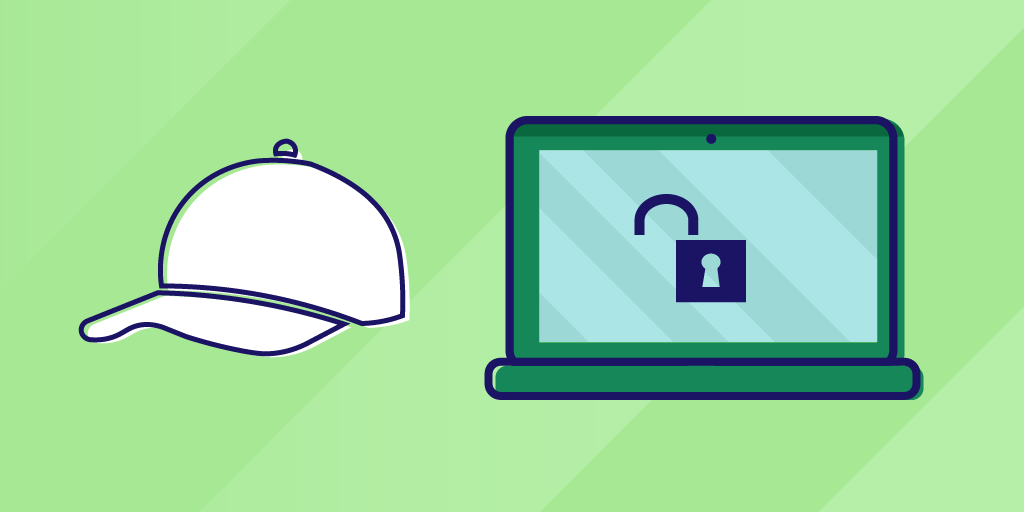
The job of an ethical hacker is to hack inside the system with the consent or permission of the owner and provide a report about how it got hacked and track the main sources.
Let’s discuss the career-based difference between Cybersecurity and Ethical Hacking. Here are the key responsibilities of an Ethical Hacker and a Cybersecurity Expert.
- Evaluate the performance of the system
- Test the security system
- Suggest solutions to enhance the security system
- Inform the organization about any malicious attack.
- Find weaknesses in the security system.
- Use appropriate techniques for hacking.
- Generate reports after finding vulnerabilities in the security system.
What is Cybersecurity?

At the end of the day, Cybersecurity is one of these huge fields that we have put into place where we’re using it to create a lot of policies, methodologies & techniques tools.
Cyber security can be defined as the practice or a process designed in order to defend network computers and data from damaged malicious attacks or unauthorized access.
It is a combination of skills and tools that provides security to its users from many attacks on their data devices or programs. Cybersecurity is becoming more and more important day by day every organization whether government or private stores unprecedented amounts of data which is extremely crucial for that organization and needs proper security against any Cyber threat.
The global cyber threat continues to evolve at a rapid pace and every organization needs to take appropriate steps to protect their sensitive information, especially those organizations that are involved in safeguarding national security data or other sensitive data.
What does a Cybersecurity expert do?
Cyber security experts work on securing information systems by Monitoring. detecting, analyzing, and responding to security experts. In simple terms, they work on protecting systems against cyber security risks vulnerabilities, and threats.
Here are the key responsibilities of a Cybersecurity professional:
- Improve the security system.
- Maintain the security system by keeping it updated regularly.
- Work with IT teams to protect the integrity of a business’s network and data
- Analyze the security system and provide suggestions regarding the same to the organization.
Read more about cybersecurity & its growing challenges
A Career in Cybersecurity and Ethical hacking
Due to the increasing threats of attacks on data and misuse of data, the field of cybersecurity is becoming bigger than ever and is rapidly increasing. The demand for Cybersecurity experts is more than ever and the number of professionals in this field is getting short-handed in fulfilling the demand.
Therefore there is a shortage of skilled professionals in this field so if you have any interest in information technology or ethical hacking then there is no better time than this to enter the field. The Cybersecurity market is predicted to become a 170 billion-dollar market in the near future itself.
8 Different types of Cybersecurity threats, you should know at your fingertips.
Why is Cybersecurity important?
- Cybersecurity is important for several reasons. First and Foremost it’s essential for protecting businesses from cyber attacks. These attacks can involve anything from stolen data to crippling systems that impact the entire business. Cyber security is also important for safeguarding personal information as well as protecting critical infrastructures like the power grid or the financial system.
- Secondly, Cybersecurity protects companies from legal liability. If a company is hacked and data is stolen the law often holds the company responsible even if the hackers were not actually from that company. Cyber security also helps protect companies against lawsuits related to environmental damage or product defects.
- Finally, Cybersecurity protects companies against government investigations and accusations of wrongdoing by ensuring that their systems are properly protected against hacking and data breaches companies can avoid embarrassment and potential legal problems down the road.
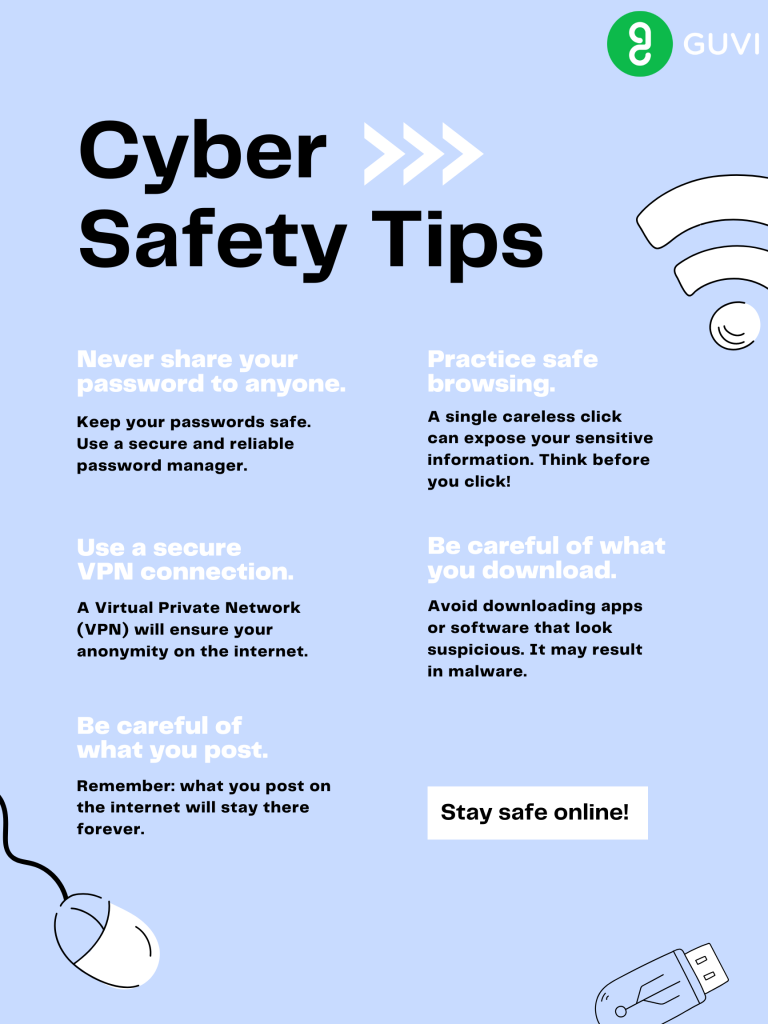
Why is Ethical Hacking Important?
Ethical hacking is a process of testing the security of a system or network by attacking it and trying to find vulnerabilities. By doing this you can help to protect the system from unauthorized access, destruction, or theft. The benefits of ethical hacking are manifold.
- Not only does it improve the security of systems and networks but it also helps to uncover potential problems early on in order to prevent them from becoming bigger problems down the line.
- Additionally, ethical hacking can also help identify any malicious behavior that might be taking place on those systems.
Kickstart your Cybersecurity journey and learn all of the Cyber Security and Ethical Hacking fundamentals from GUVI’s Cyber Security and Ethical Hacking Course and understand how to implement them with this beginner-friendly Cyber Security course along with Ethical Hacking.
Alternatively, if you want to learn Ethical Hacking alone, enroll for GUVI’s beginner-to-expert Ethical Hacking course and make your mark in the cybersecurity industry.
Closing Thoughts
This blog summarizes the difference between Cybersecurity and Ethical Hacking. It might’ve given you a clear insight into the scope of the same. If you’re interested in getting started in ethical hacking or Cybersecurity, there are a plethora of resources available online.
FAQs
The main difference between cybersecurity and ethical hacking lies in their objectives. Cybersecurity focuses on protecting computer systems, networks, and data from unauthorized access, theft, or damage. It encompasses various preventive measures, such as implementing firewalls, encryption, and access controls, as well as incident response and risk management.
On the other hand, ethical hacking, also known as penetration testing or white-hat hacking, involves authorized attempts to identify vulnerabilities in systems and networks. Ethical hackers use their skills to uncover weaknesses that could potentially be exploited by malicious hackers, allowing organizations to fix those vulnerabilities before they can be used for nefarious purposes.
No, cybersecurity and ethical hacking are not mutually exclusive. In fact, ethical hacking is a valuable component of a comprehensive cybersecurity strategy. Ethical hackers, or penetration testers, work alongside cybersecurity professionals to identify and address vulnerabilities in systems and networks.
By simulating real-world attack scenarios, ethical hackers help organizations uncover weaknesses that may otherwise go unnoticed. This collaborative approach allows organizations to proactively strengthen their defenses and better protect against cyber threats.
While there is some overlap in the skill sets required for cybersecurity professionals and ethical hackers, there are also distinct differences. Cybersecurity professionals need a broad understanding of various security concepts, including risk management, network security, cryptography, and compliance. They often specialize in areas such as security architecture, incident response, or governance.
Ethical hackers, on the other hand, require deep technical knowledge and expertise in hacking techniques, vulnerability assessment, and penetration testing tools. They must stay up to date with the latest attack vectors and know how to exploit vulnerabilities to help organizations fortify their defenses.
Yes, Ethical hacking and Cybersecurity serve the same purpose for any organization. Infact, Ethical Hacking is a subset of Cybersecurity that identifies defects and treats the system before any mishaps or black-hat attack. While, the Cybersecurity experts take all precautionary measures to protect the system. When both these concepts are employed together, the safety wall becomes more rigid for the organization.
Yes, Cybersecurity is a flourishing field with infinite opportunities. It opens the door to innovation and continuous development. So, the field is perfect for freshers who are really interested.

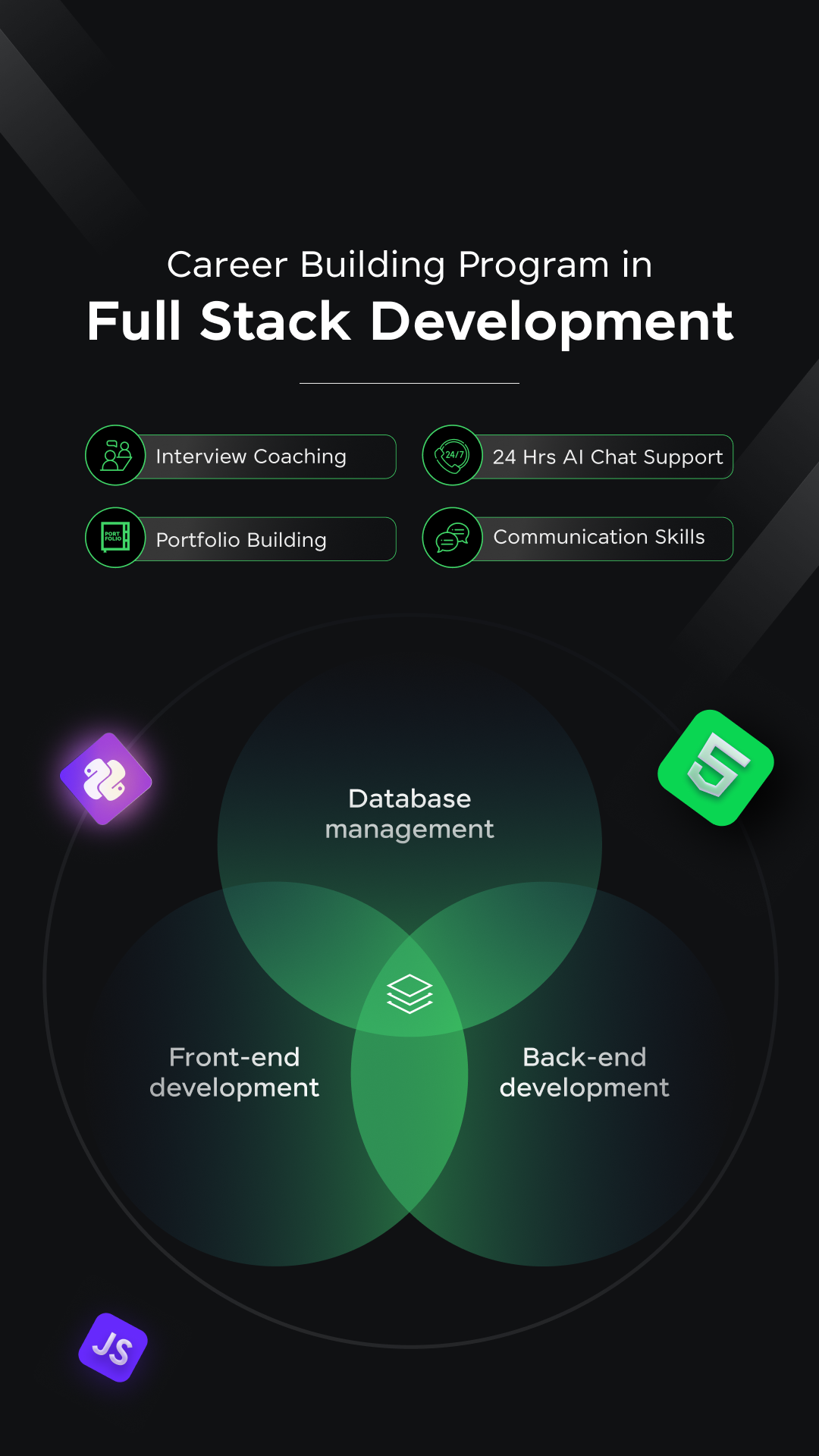



















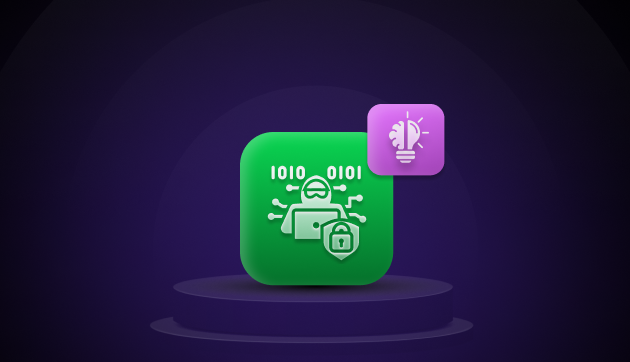
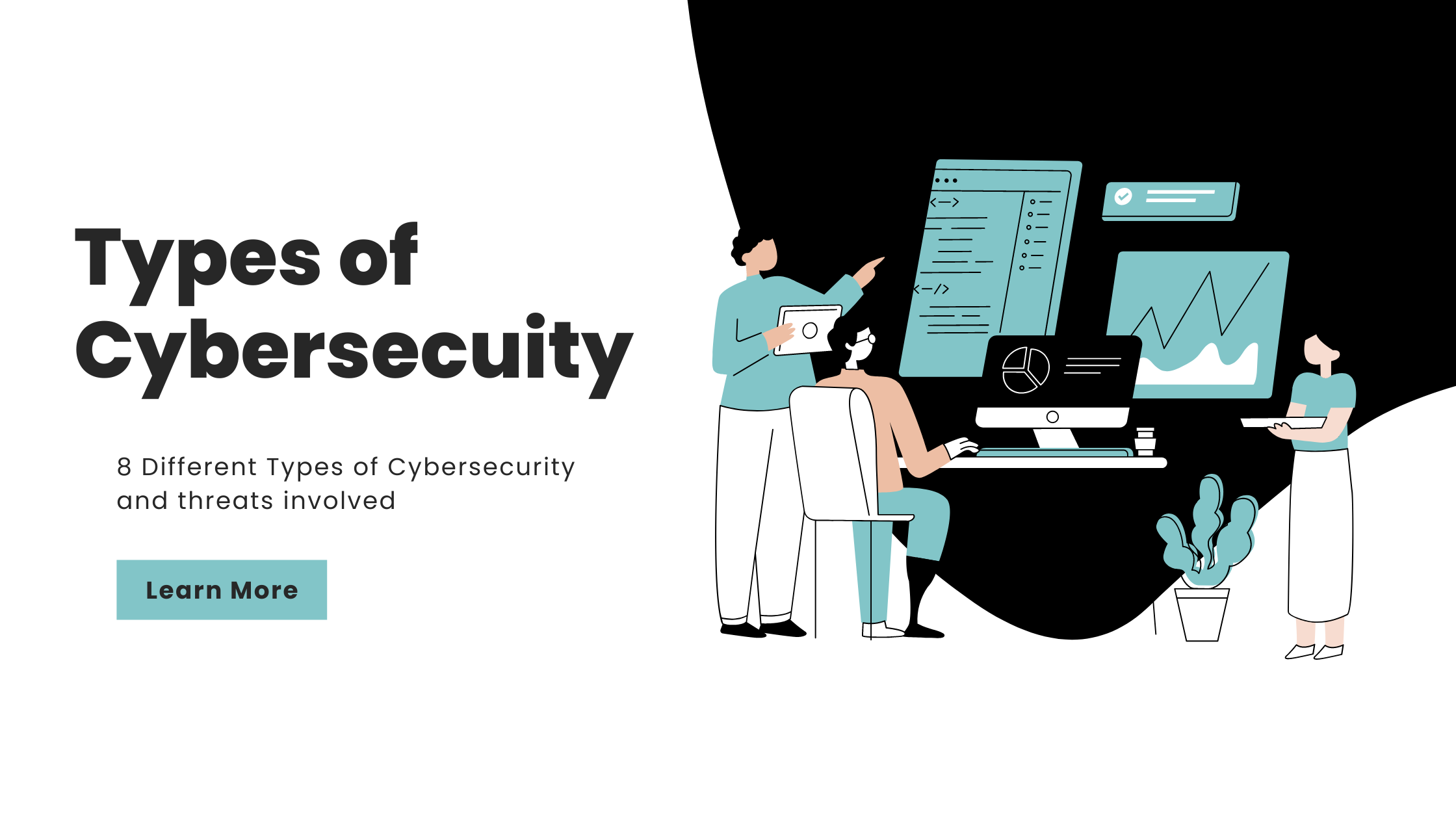
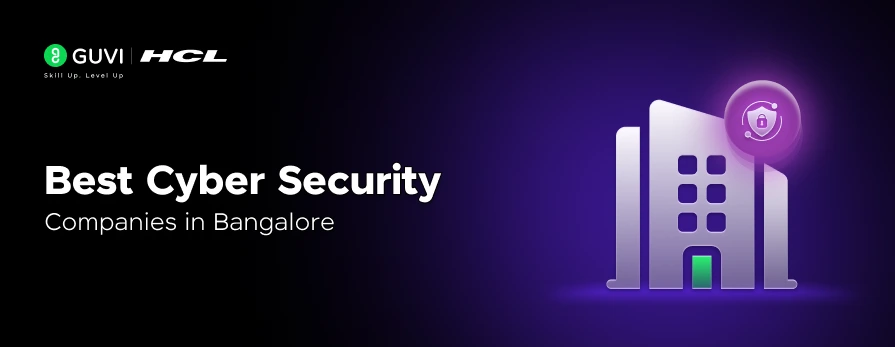
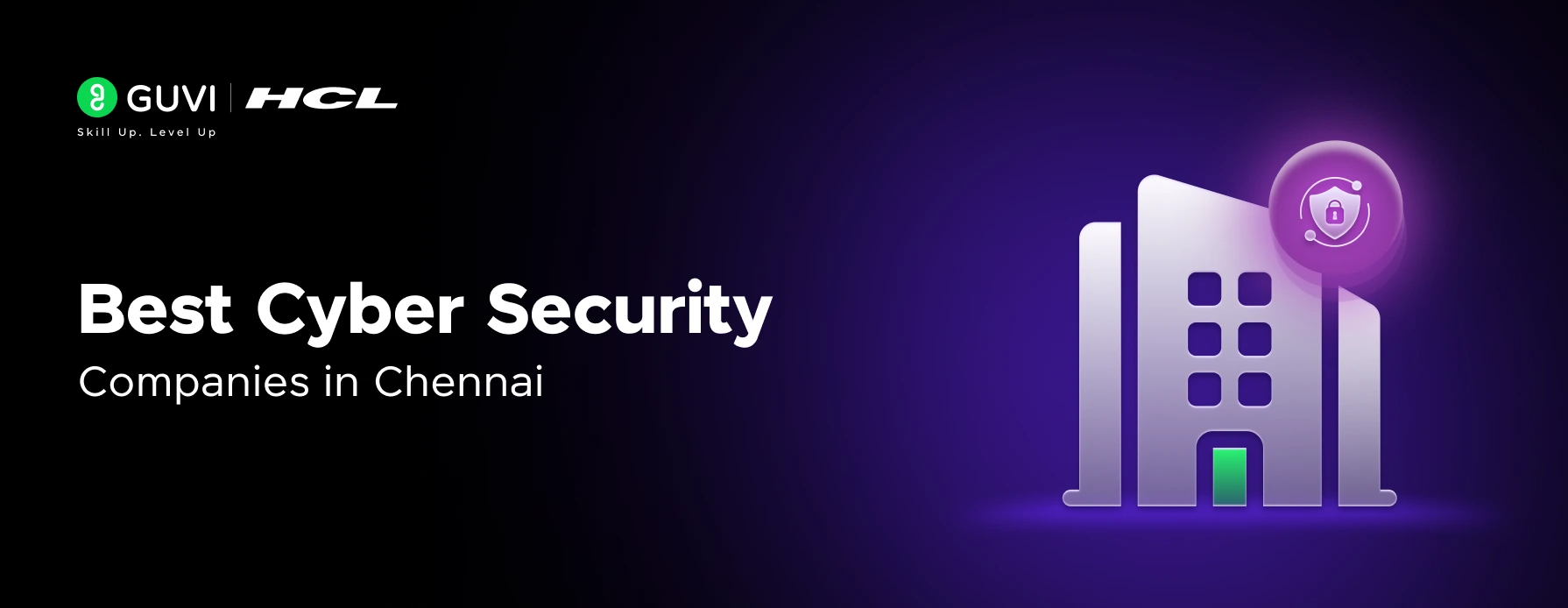
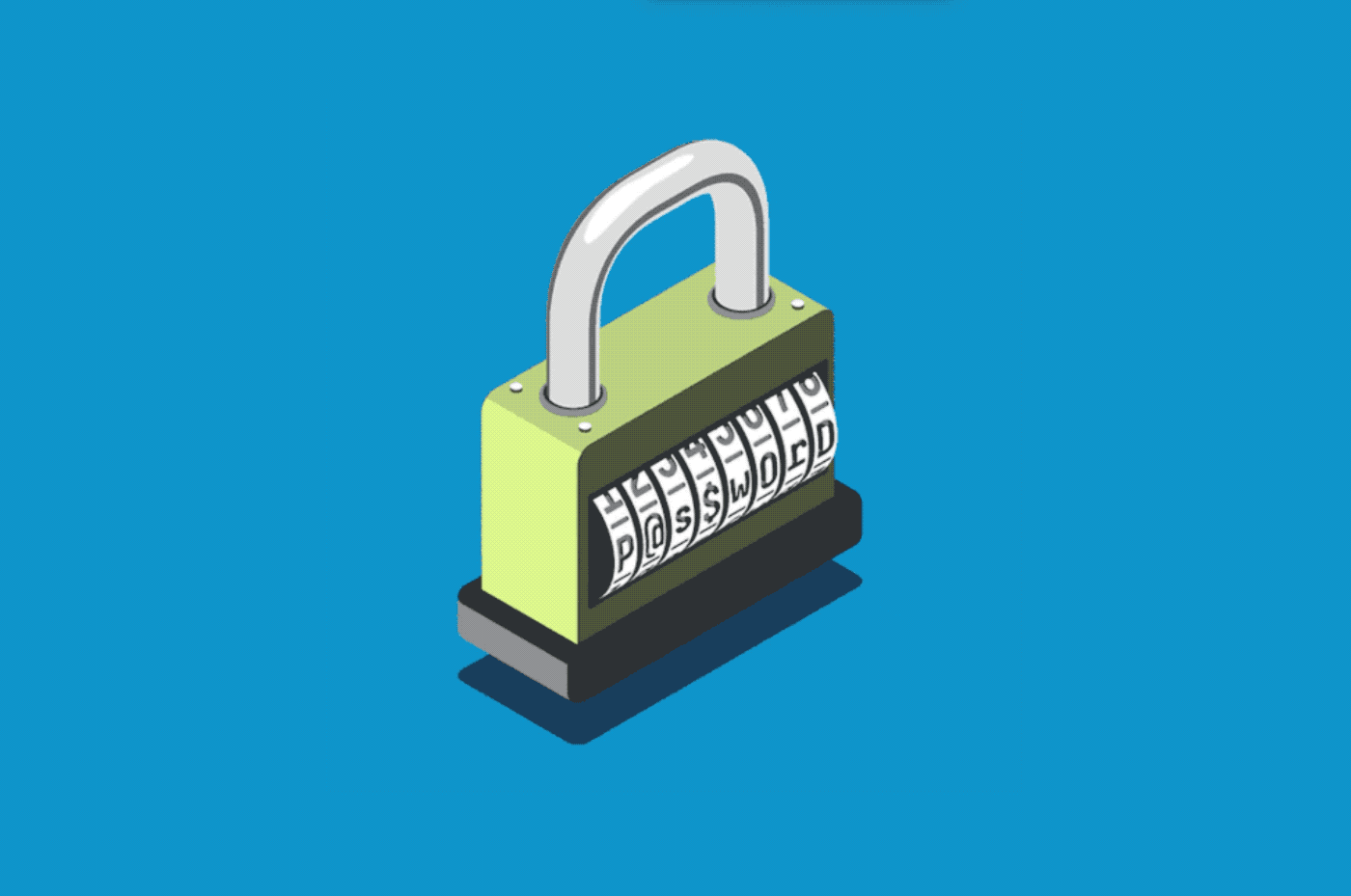
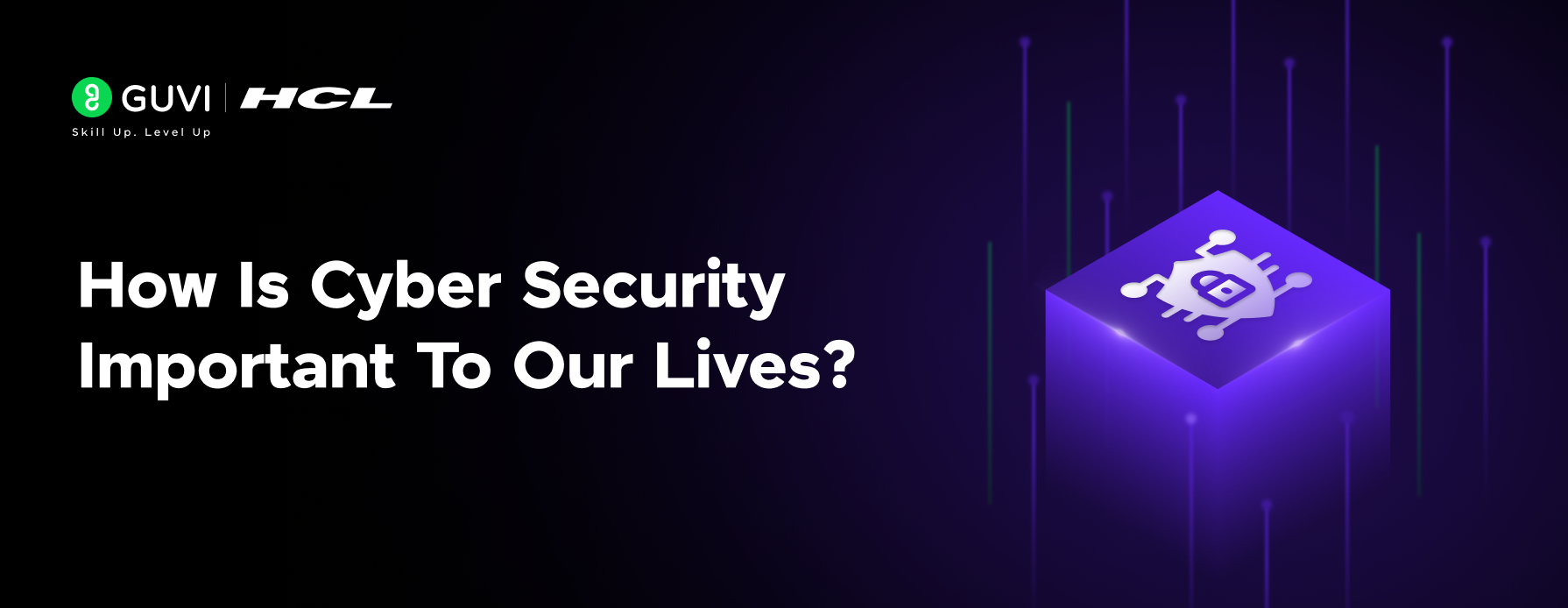
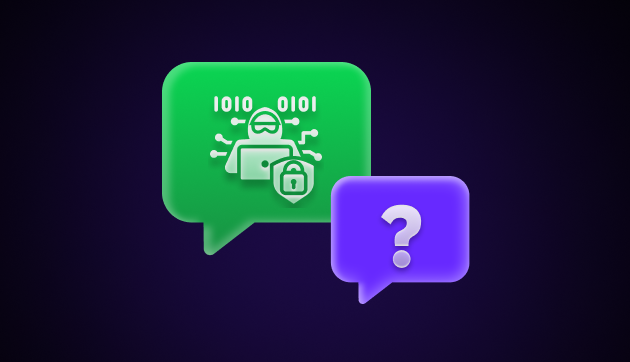
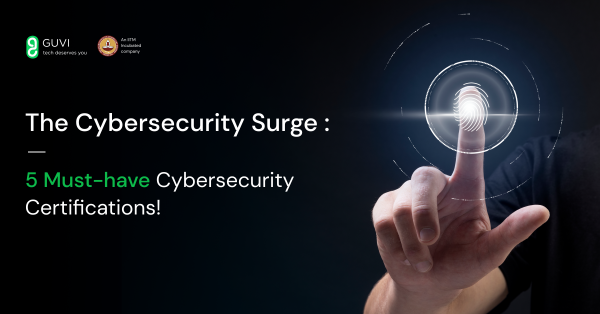

Did you enjoy this article?